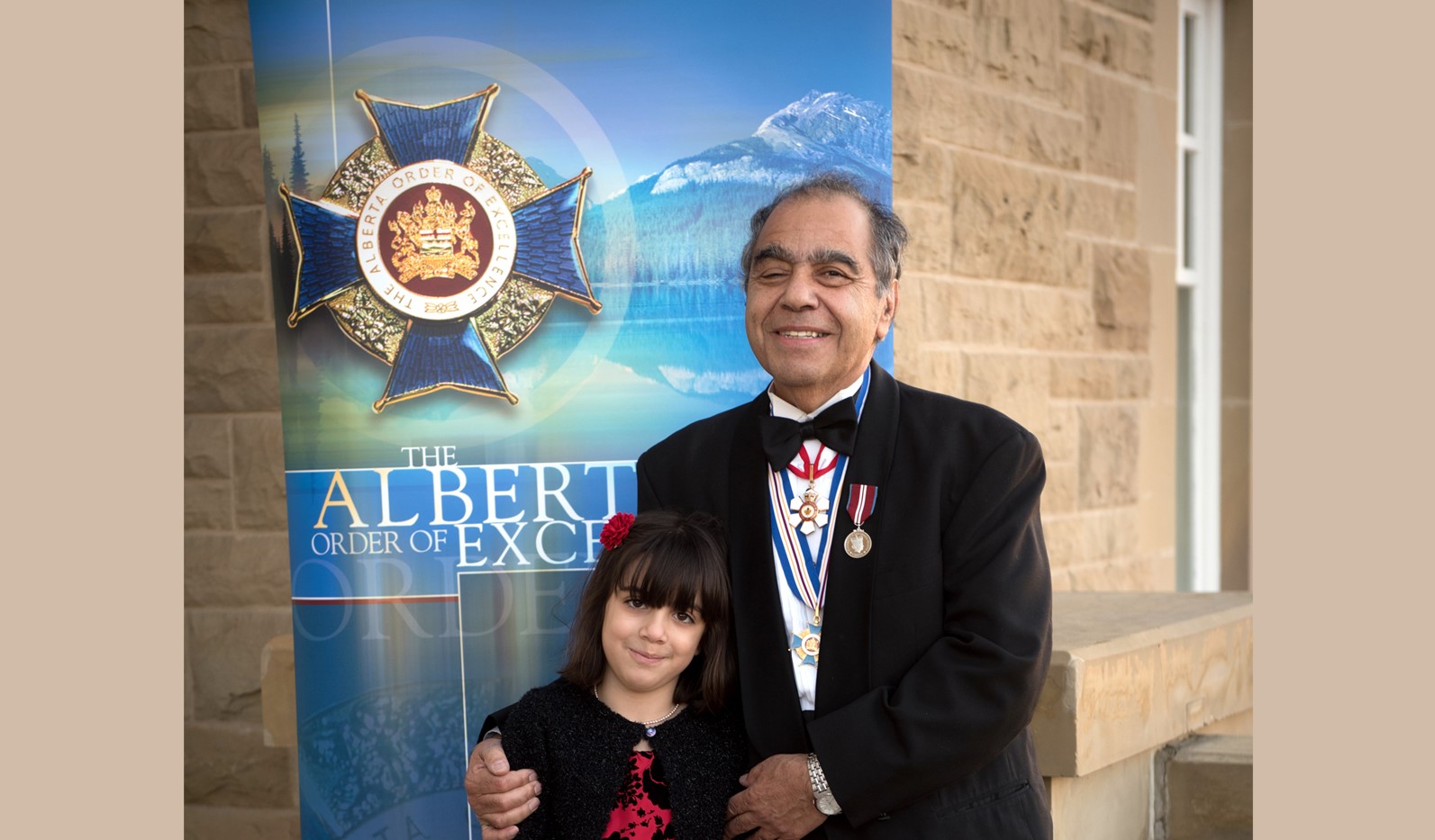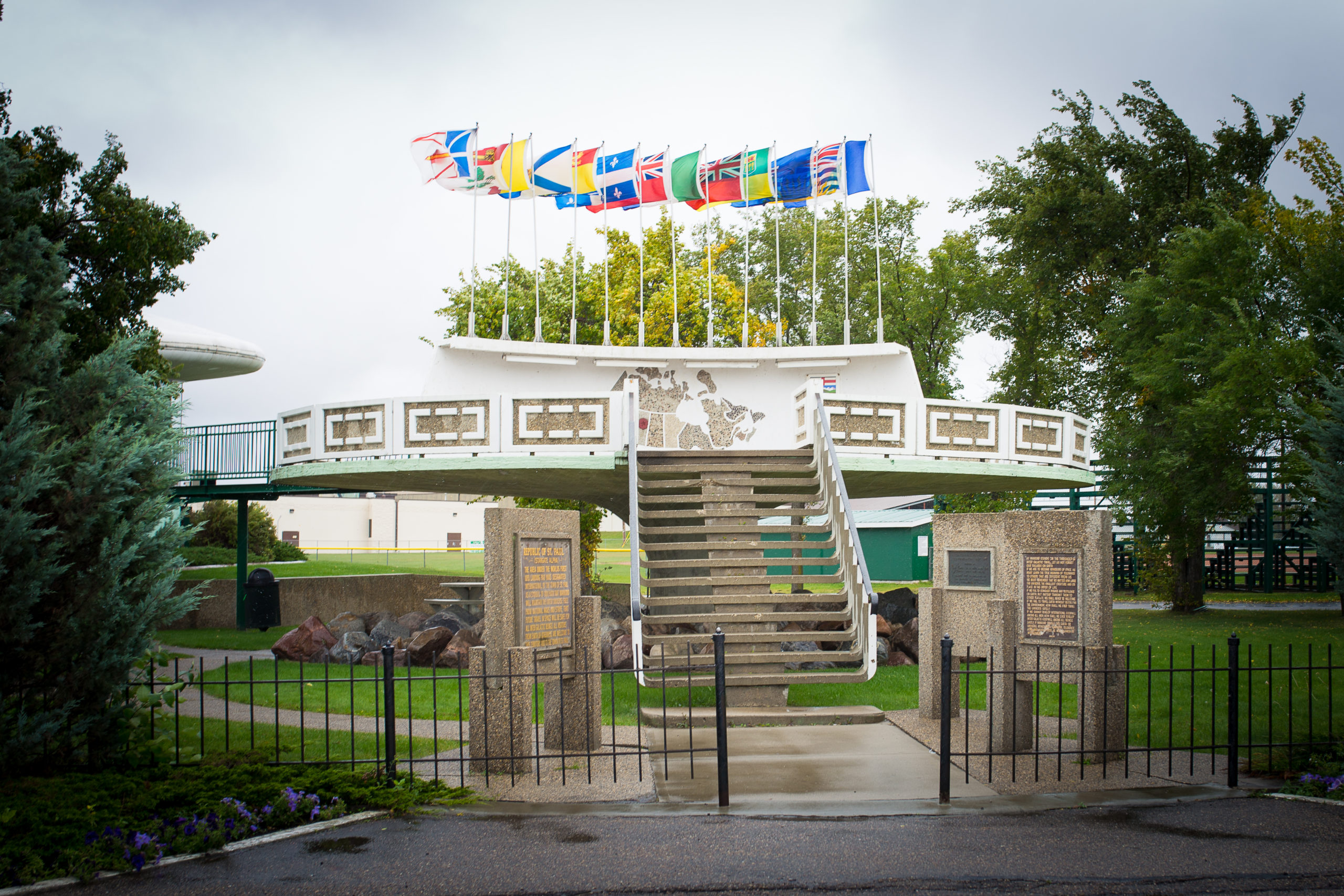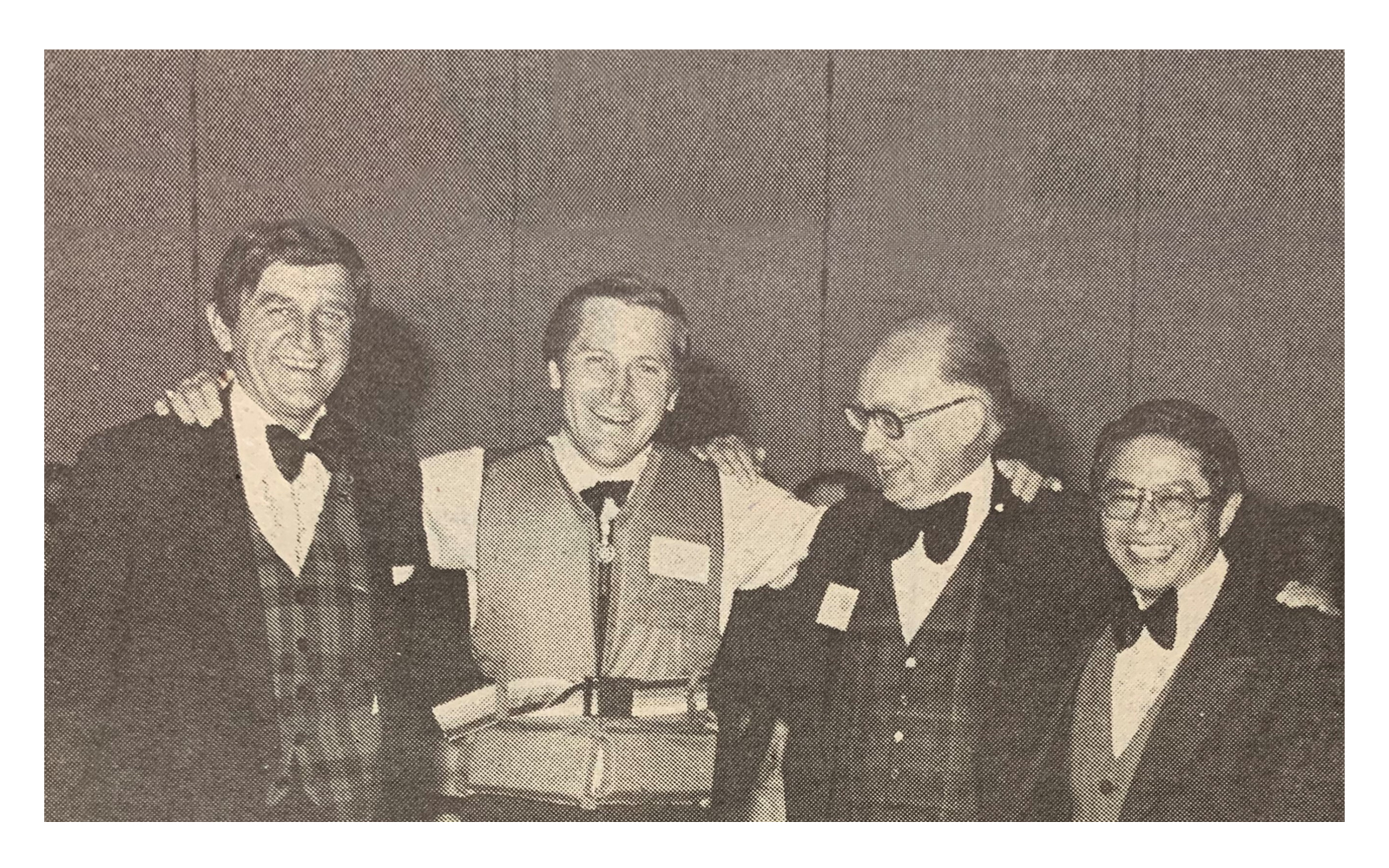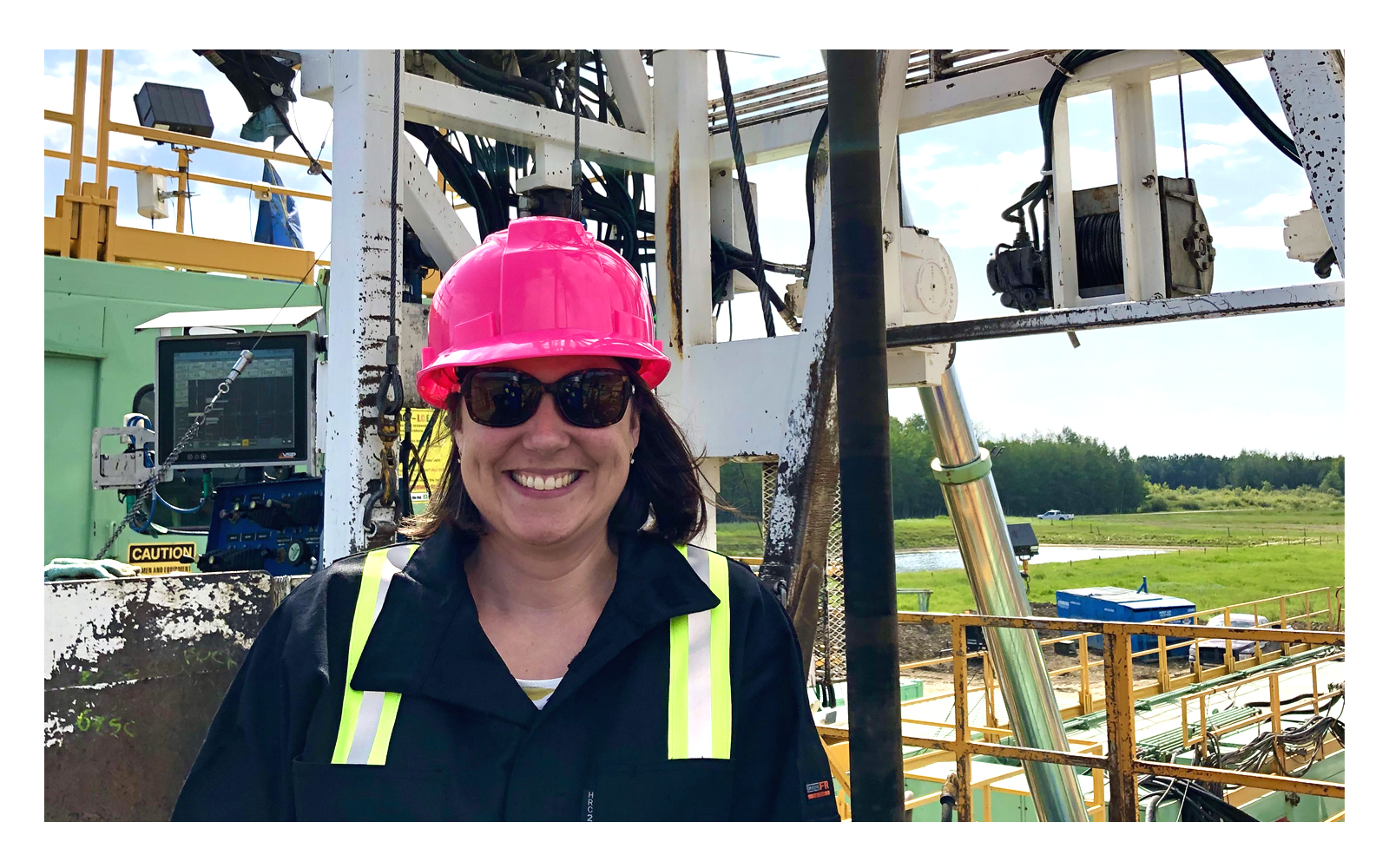Photo courtesy of J. Masliyah, P.Eng.
Lifelong Learner Has Lasting Impact on Oil Sands Engineering
World-class engineering and geoscience thrive in Alberta, personified by APEGA members who have helped transform the oil sands into the resource development marvel it is today.
One of those visionary experts is Baghdad-born Jacob Masliyah, P.Eng., PhD, who credits much of his success to what comes after engineering school. “I really believe that when you go to university and get your degree, it’s just the beginning of learning,” says Jacob.
He first made a name for himself in fluid mechanics. “I applied that to the oil sands, but then I realized that it was not enough. I had to learn different things that would explain oil sands data. “
“So I embarked on a learning experience in a completely different area to help me expand my knowledge and do a better job in oil sands research.”
To learn about bitumen extraction, Dr. Masliyah spent a year with what was then called the Alberta Research Council. In 1996, in collaboration with Syncrude Canada, he helped establish a University of Alberta industrial research program in oil sands engineering.
Funded through the Natural Sciences and Engineering Research Council of Canada (NSERC), the research chair was the first of its kind, and it’s had a lasting, real-world impact.
“By the time I retired, we had five operating companies in the oil sands involved in the program and one of the best laboratories in Canada, not only working on the technology of the oil sands but also on the science,” Masliyah says.
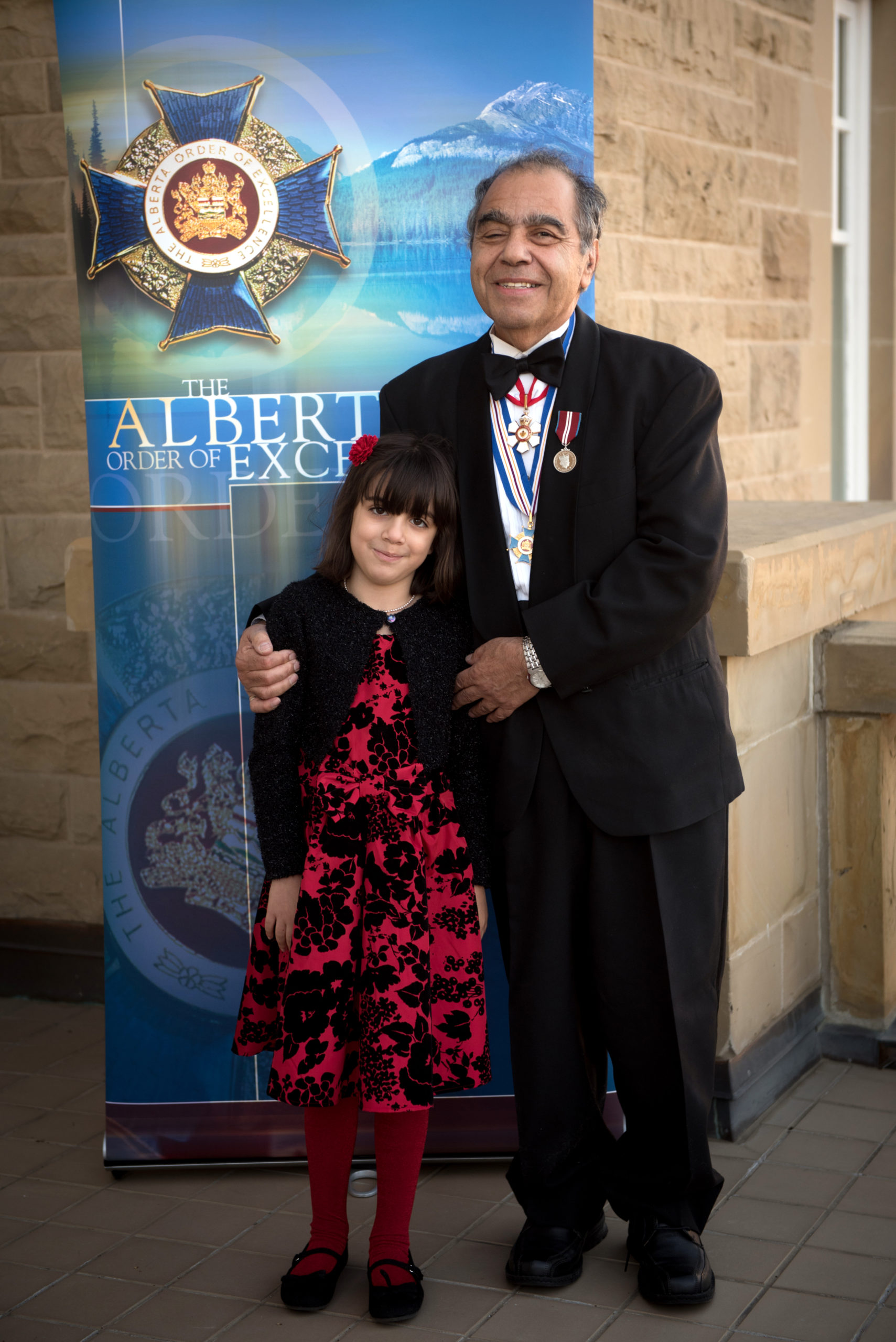
Photo courtesy of J. Masliyah, P.Eng.
It’s no exaggeration to point out that Alberta, academia, and the oil sands benefited immensely from Masliyah’s decision to come here. Here’s how it happened.
At age 22, he immigrated to Canada from Iraq, after earning a bachelor of science degree from University College London. He went on to earn a master’s from the University of New Brunswick and a PhD from the University of British Columbia.
In 1977 he joined the staff of the University of Alberta, and he stayed there for nearly three-and-a-half decades.
“The best thing I ever did was to come to Canada,” he says. “In Canada, if you are smart enough and a hard worker, and if you understand what is happening, you can do anything you want. You are what you are. Canadians accept that—that is one of our strengths.”
Masliyah has long list of accolades to his credit, from within and beyond Alberta. He’s an Officer of the Order of Canada, a member of the Alberta Order of Excellence, and a foreign fellow of the U.S. National Academy of Engineering. The latter he earned for outstanding contributions to engineering research, practice, and education.
Today a professor emeritus in chemical engineering, Masliyah continues sharing his knowledge. He meets regularly with young professors to discuss the science and technology of the oil sands. He also gives workshops for industry members on the fundamentals of oil sands extraction.
Masliyah’s career and life give him a valuable perspective on the future of the oil sands, as APEGA begins its second century. He says there’s more to be done and developed with the oil sands, even as society shifts away from carbon–based energy.
“I don’t think our dependence on fossil fuels will disappear in the short term. The crucial part is that we have to be very aware that we have to decrease its negative impact. The oil sands industry, for example, is aiming to reduce the emissions required to produce a litre of gasoline. It’s also incumbent on others to make sure that the equipment that uses carbon fuels does so efficiently.”
